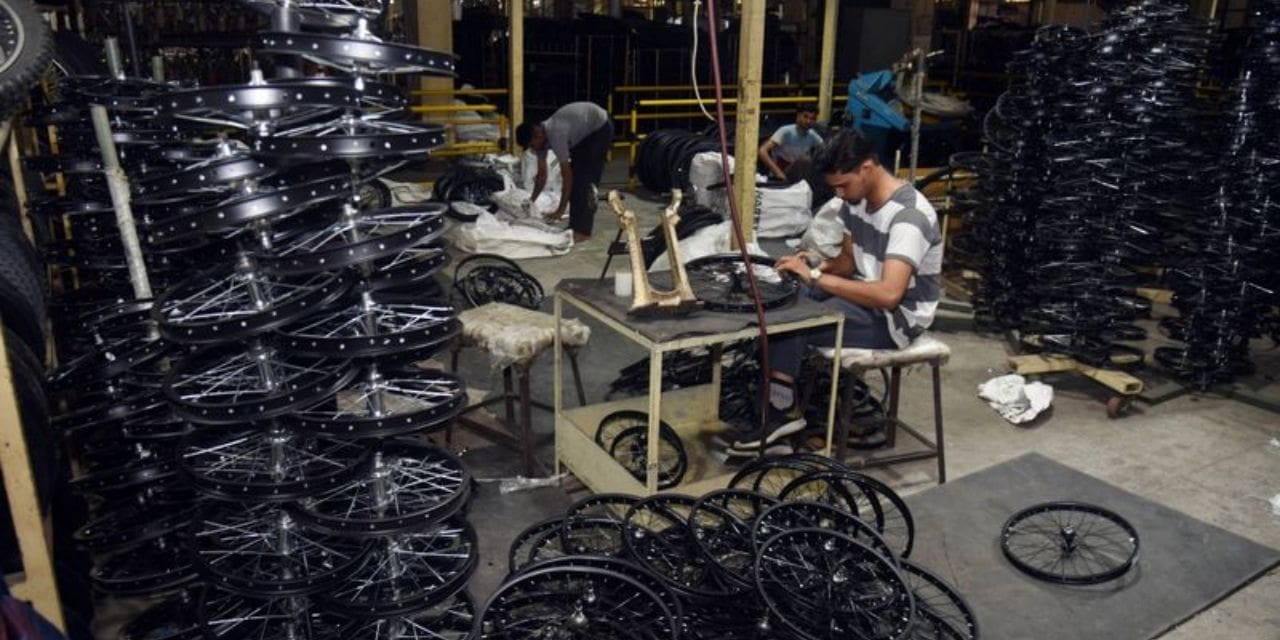What is the industry’s responsibility if farmers are demonstrating, and the government is not addressing their concerns? Why are they determined to destroy the sector by closing highways and railroad tracks every four days? Will the growers accede to the industry’s request that they refrain from planting anything in the fields for a year? The farmers, who have been sitting on a protest for a long time, have asked the disgruntled industry a few questions.
SC Ralhan, the former president of the Federation of Indian Export Organization (FIEO), told The Tribune that he had never witnessed such farmer-led rallies and strikes in his life.
The farmers are merely using blackmail. We have problems with governments, too. We meet with the authorities, inform them of the issues, and work to fix them. Why is their delegation unable to communicate with the administration if they are experiencing problems? To demonstrate their strength, they wish to go in hundreds. The sector that is hurting is the industry. When customers learned that traveling by car would take eight to ten hours due to detours during protests, they stopped visiting Ludhiana. We visit buyers; however we are unable to bring inventory with us. The farmers are causing problems for the industry by protesting by blocking road and rail traffic.
He claimed that such protests would not be feasible without the backing of the state government, which is governed by the AAP. “I believe that when the current state government is replaced, things will get better,” he stated.
Textile exports have decreased to 30% during the last three years, according to Ajit Lakra, head of the Textile Division of the Federation of Industrial and Commercial Organization (FICO) and vice-president of the Apex Chamber of Commerce. Due to the farmers’ continuous strikes and demonstrations, industrialists have been unable to make orders on time.
Because of the strikes, no one wants to do business with us. Additionally, there is little growth and the industry’s morale has declined. Industrialists and traders are losing money. Because it takes so long to get to destinations, transportation costs have gone up. Time is being wasted. All of these elements contribute to the state’s businessmen’s discontent. Furthermore, nobody wants to launch or grow a firm in such a bad environment.

